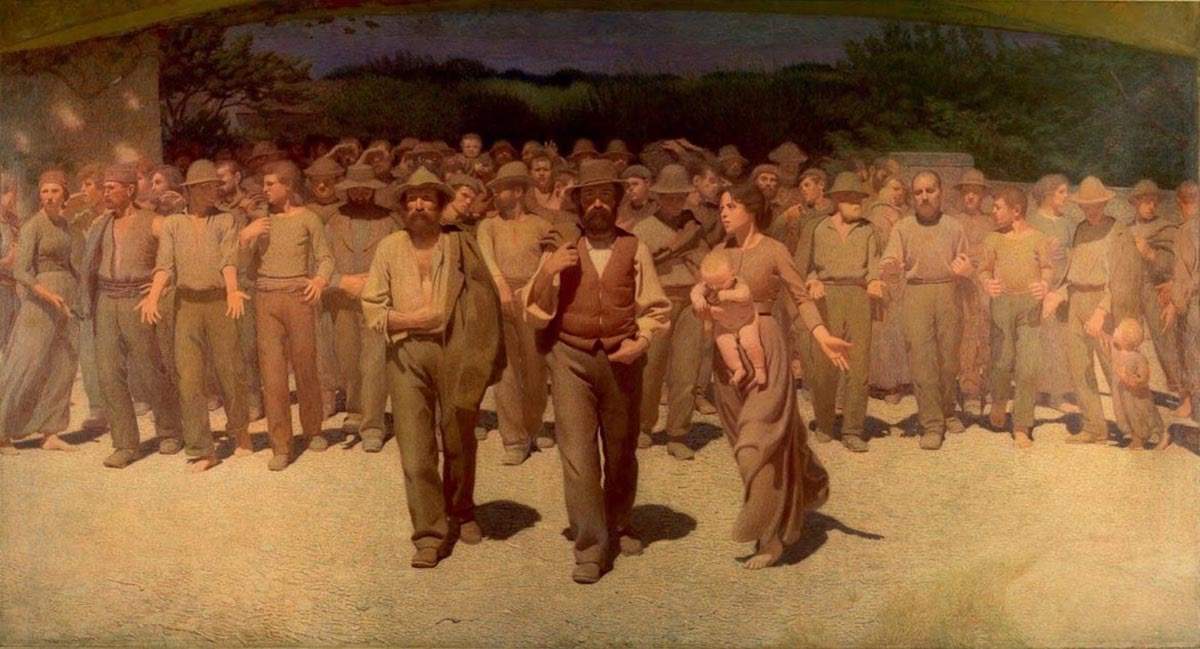
Course description
One of the main sources of difference and conflict in capitalist societies is labour inequality and discrimination. On the one hand, the unequal position of labour and capital in the economy leads to different labour struggles in which social, economic and political actors have different interests. This course analyses how these labour conflicts are addressed through different forms of protest and negotiation. We will analyse the characteristics of bipartite relations between trade unions and employers' organisations and examine the main features of tripartite relations between trade unions, employers' organisations and the state. We will examine the consequences of internationalisation and neo-liberalism for bipartite and tripartite relations, focusing on demands for labour market flexibility and the consequences for workers' rights. On the other hand, different types of workers and social groups are particularly discriminated against in the workplace. The course will examine the challenges to labour rights posed by the platform economy and the organisation of workers in the gig economy. The course will also analyse the dynamics of labour discrimination for women, migrants and LGBTQI+.
- Enseignant·e: Angie Gago
